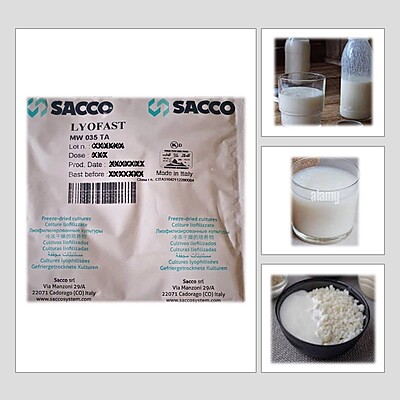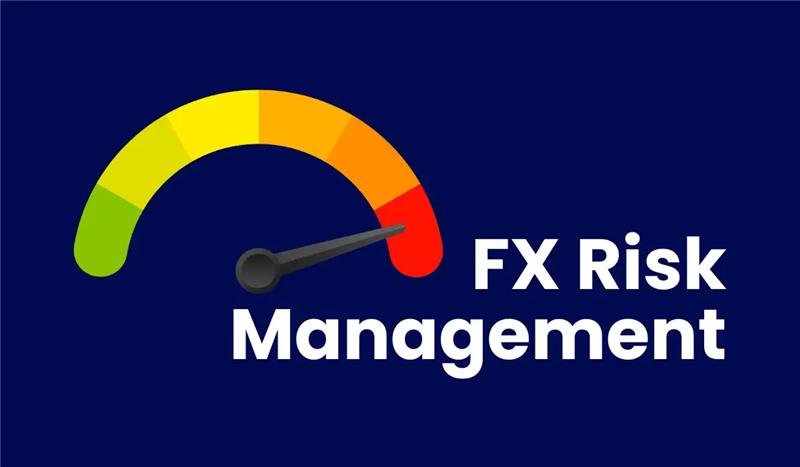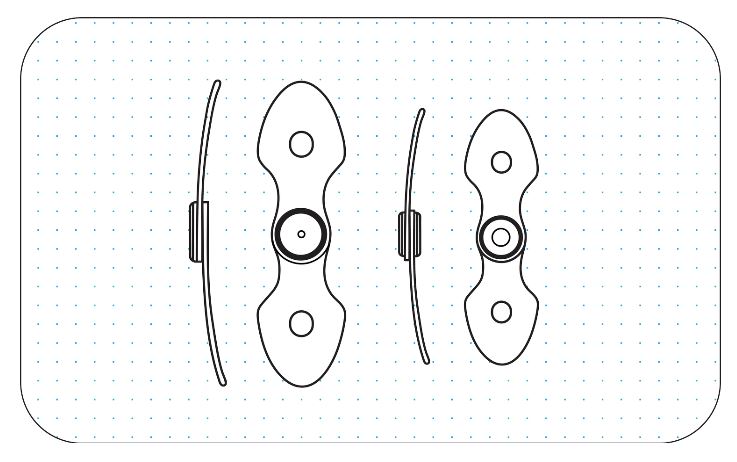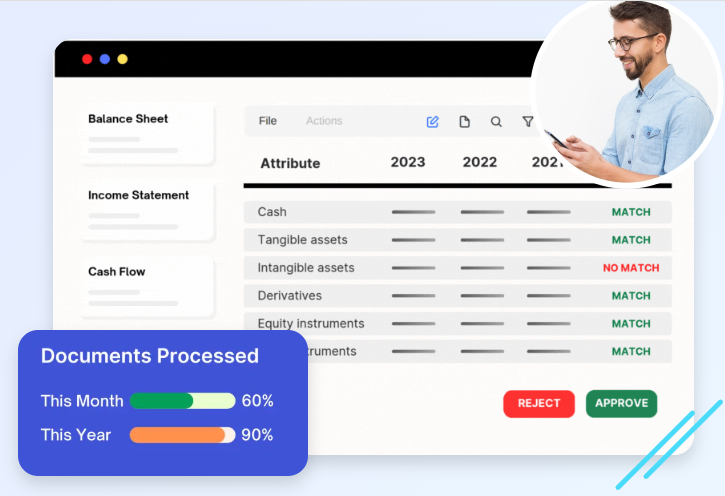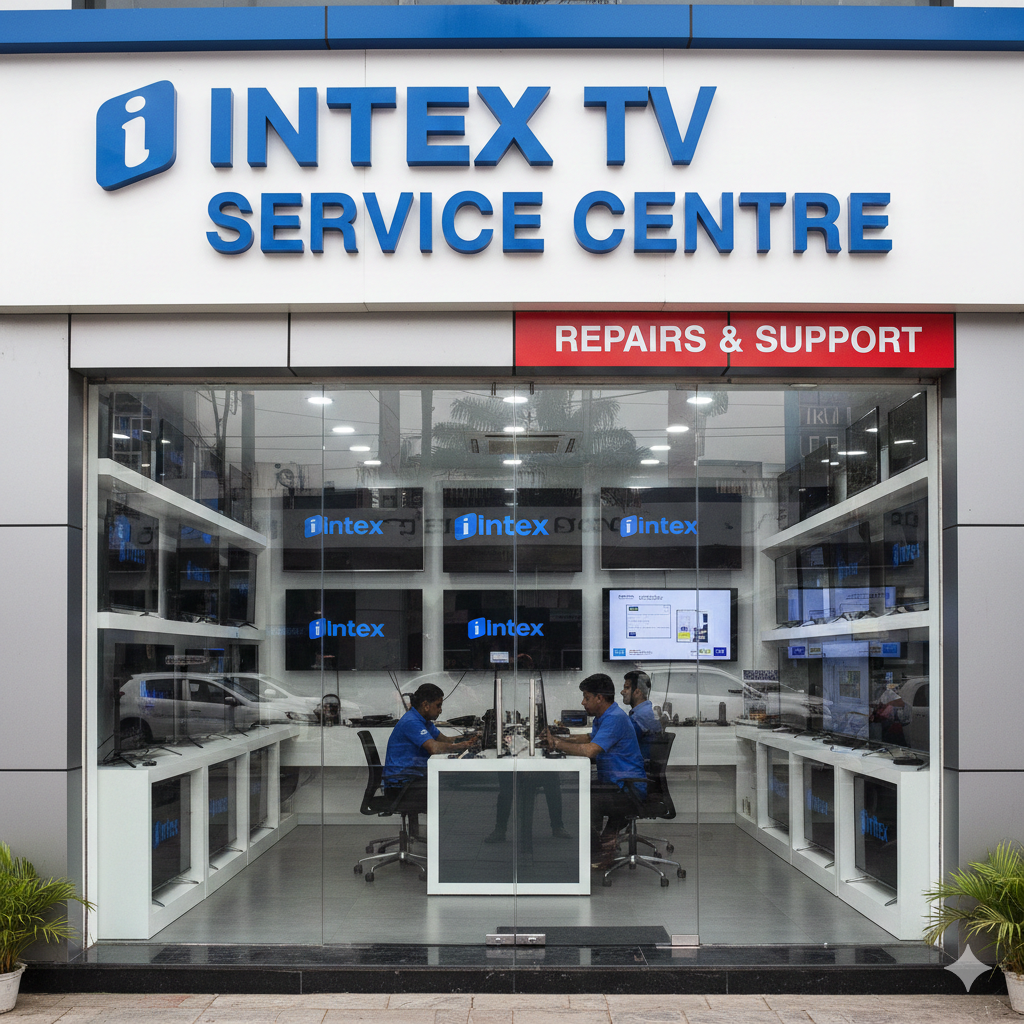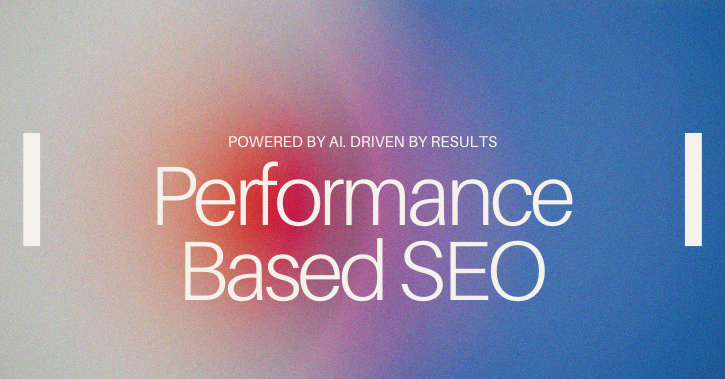Understanding Your CIBIL Score and Its Importance

What is a CIBIL Score?
A CIBIL score is a three-digit numerical representation of an individual’s creditworthiness, ranging from 300 to 900. It is calculated based on an individual’s credit history, including their repayment behavior, credit utilization, and types of credit availed. A higher score indicates better financial discipline and increases the likelihood of securing loans or credit cards at favorable terms. In India, this score is widely used by banks and financial institutions to assess the risk of lending to a borrower.
The score is generated by analyzing data from an individual’s credit report, which includes details of loans, credit card payments, and any defaults or delays. For instance, timely repayment of personal loan installments or credit card bills positively impacts the score, while missed payments can lower it significantly. Understanding this score is crucial for anyone looking to borrow funds, as it directly influences loan approvals and terms.

Why Checking Your CIBIL Score Online Matters
With the rise of digital platforms, checking your CIBIL score online has become quick and convenient. Regularly monitoring your score helps you stay informed about your credit health and take corrective actions if needed. Many websites offer free or paid access to this service, allowing individuals to view their score and credit report without visiting a bank. This is particularly useful before applying for a personal loan or other credit products, as a low score may lead to rejection or higher interest rates.
Online checks also help identify errors in the credit report, such as incorrect loan entries or outdated information. By addressing these discrepancies early, individuals can improve their score and enhance their eligibility for better financial products. Moreover, frequent monitoring can alert you to potential fraud, such as unauthorized loans taken in your name.
Factors That Influence Your CIBIL Score
Several factors contribute to the calculation of a CIBIL score. Payment history is the most critical, accounting for a significant portion of the score. Consistently paying personal loan EMIs or credit card dues on time boosts your score, while late payments or defaults can cause it to plummet. Another key factor is credit utilization, which measures how much of your available credit you are using. Keeping this ratio below 30% is advisable for a healthy score.
The length of your credit history also plays a role. A longer history with responsible credit management reflects positively. Additionally, the mix of credit—such as a combination of secured loans like a gold loan and unsecured loans like a personal loan—can impact the score. However, applying for multiple loans or credit cards in a short period can signal financial distress, negatively affecting the score.
How to Improve Your CIBIL Score
Improving a low CIBIL score requires consistent effort and financial discipline. Start by ensuring timely repayment of all dues, including personal loan installments and credit card bills. Setting up auto-debit for payments can help avoid missed deadlines. Reducing credit card balances and maintaining low credit utilization is another effective strategy.
If you have a low score due to past defaults, consider settling outstanding dues or negotiating with lenders for a one-time settlement. Avoid applying for multiple loans simultaneously, as each application triggers a hard inquiry that can lower your score. For those with no credit history, starting with a secured loan, such as a gold loan, can help build a positive credit profile over time.
The Role of CIBIL Score in Loan Approvals
A high CIBIL score is often a prerequisite for loan approvals in India. Whether you’re applying for a personal loan to fund a wedding or a gold loan for urgent cash needs, lenders use this score to gauge your repayment capacity. A score above 750 is generally considered good and can secure loans at competitive personal loan interest rates or gold loan interest rates. Conversely, a score below 600 may result in loan rejections or higher interest rates to offset the lender’s risk.
For instance, a strong score can lead to faster approval and lower personal loan interest rates, saving significant money over the loan tenure. Similarly, when applying for a gold loan, a good score may allow access to higher loan amounts or better terms. Therefore, maintaining a healthy score is essential for accessing affordable credit.
Common Myths About CIBIL Scores
There are several misconceptions about CIBIL scores that can mislead borrowers. One common myth is that checking your score frequently lowers it. In reality, checking your own score is considered a soft inquiry and does not affect it. Another myth is that closing old credit accounts improves the score. On the contrary, closing accounts can shorten your credit history, potentially lowering the score.
Some believe that a high income guarantees a good score, but income is not a factor in the calculation. Instead, the focus is on credit behavior. Understanding these myths can help individuals make informed decisions and avoid actions that inadvertently harm their score.
Conclusion
A CIBIL score is a vital tool for navigating India’s financial landscape. By regularly checking your score online, understanding the factors that influence it, and taking steps to improve it, you can enhance your chances of securing loans at favorable terms. Whether you’re planning to apply for a personal loan or a gold loan, a strong score can open doors to better financial opportunities. Prioritizing timely repayments and responsible credit use is the key to maintaining a healthy credit profile.


 English
English 







